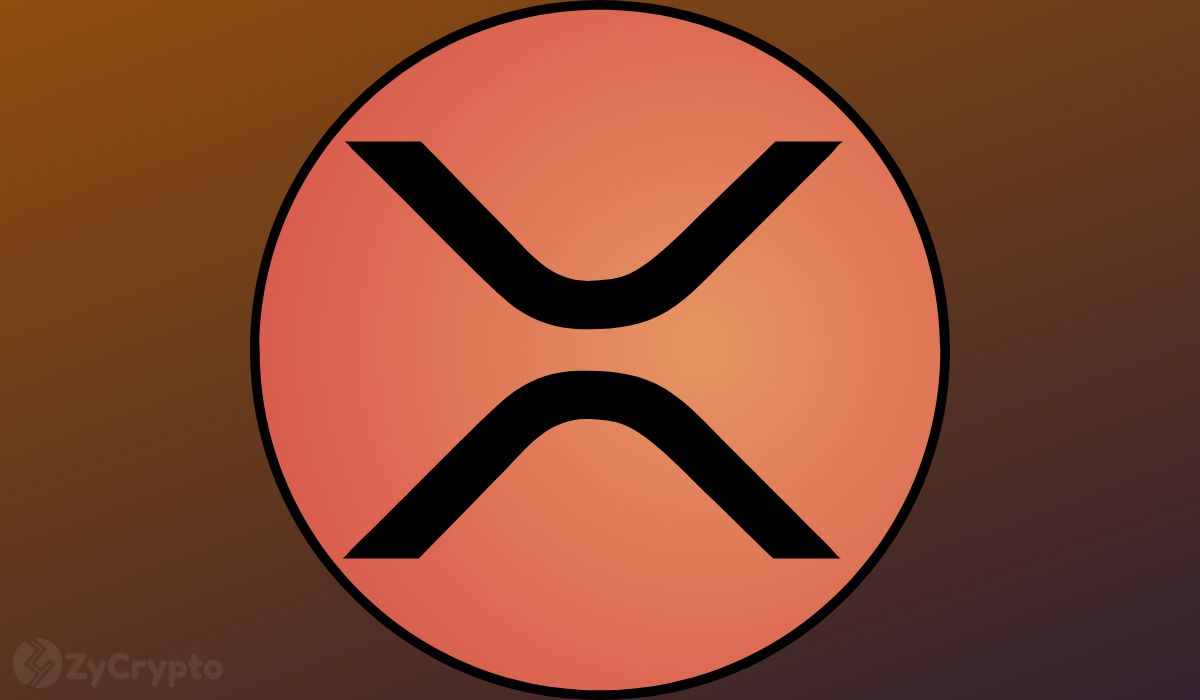ARTICLE AD BOX

San Francisco-based blockchain payments firm behind the XRP cryptocurrency has filed a cross-appeal in the U.S. Court of Appeals for the Second Circuit, challenging various aspects of a key ruling in its legal brawl with the United States Securities and Exchange Commission (SEC).
Ripple’s filing comes just days after the firm vowed to “leave nothing on the table” in its defense.
Four Key Issues At Stake
A week ago, the SEC filed its appeal, targeting specific elements of a 2023 court ruling that partly favored Ripple in its sale of the XRP token to investors.
On Oct. 24, Ripple submitted its own Form C outlining four critical issues it plans to raise on its cross-appeal.
At the crux of the company’s filing is the argument its institutional XRP sales should not have been categorized as unregistered securities transactions, which resulted in a $125 million fine.
Ripple argues that the U.S. Southern District Court of New York, under Judge Analisa Torres, misapplied the definition of an “investment contract” concerning the 1933 Securities Act. Specifically, the firm rebuts the requirement that such a contract should impose post-sale obligations on the seller and give buyers a reasonable expectation of profits solely from the seller’s efforts.
Another subject of Ripple’s cross-appeal is whether Judge Torres’ ruling considered the company’s lack of fair notice, which is deemed a rule violation owing to the SEC’s “inconsistent” and “deliberately vague” statements regarding the application of federal securities laws.
Ripple also aims to reevaluate what “essential ingredients” are required for a transaction to be classified as an investment contract and the extent of the SEC’s injunction against the company.
The blockchain firm further contends that the court overlooked the wider regulatory uncertainty encompassing how securities laws apply to the nascent cryptocurrencies.
Ripple will also challenge the injunction issued as part of the August final judgment that bans the firm from selling unregistered securities in the future. Ripple likely doesn’t want the injunction hanging over its business.
“The Appeals Court reviews the record that has already been set … and we have a great record,” Ripple’s Chief Legal head Stuart Alderoty wrote in a Thursday statement on X. “The SEC can’t submit new evidence or ask us to produce more. Meaning there won’t be all the drama we had in the litigation when we fought over the documents.”
Alderoty also reiterated that XRP has been cleared as a non-security and that the SEC is not contesting.
He slammed the Wall Street regulator for attempting to “create distraction and confusion” while also downplaying the appeal as “background noise.”
Ripple Is “Confident” Of Winning SEC Appeal
As you may know, the SEC is appealing the dismissal of charges related to Ripple’s programmatic XRP sales on digital asset exchanges and its distributions to employees, which it claims broke those laws.
The regulator is focusing on whether Ripple’s top executives, Brad Garlinghouse and Chris Larsen, violated securities laws by offering what it considers as unregistered sales.
According to Alderoty, the SEC is facing slim chances of emerging victorious in the Second Circuit:
“The Second Circuit, traditionally, is not a fan of the SEC. They’re not a fan of regulatory overreach. And statistically, if you lose, your chances of getting the Second Circuit to reverse is around 10% or less.”
It’s worth mentioning that the SEC has now submitted a request for an extension to file its principal brief, igniting speculations about the agency’s confidence in the case. The regulator wants the deadline for filing its brief to be moved to January 15, 2025.
Ripple’s Garlinghouse, meanwhile, has asserted that he is confident his company will “win the appeal, which would put a dagger in Gary Gensler’s whole agenda around crypto regulation.”
.png)
 3 weeks ago
2
3 weeks ago
2








 English (US)
English (US)